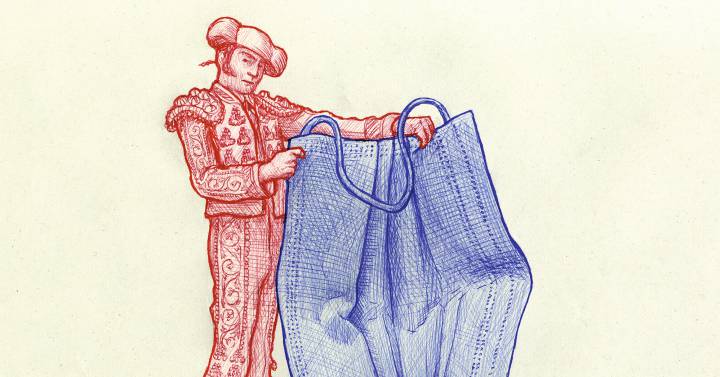As my suffering increased, I soon realized that there were two ways I could respond to the situation: react bitterly or transform the suffering into a creative force. I chose the latter.
-
Martin Luther King
We are close to saying goodbye to 2020, with a lot of desire in general, for everyone.
A cursed year that has brought pain, death, uncertainty and even hunger with it.
A crisis in its purest form that caught us by surprise, immersed in our daily microcosm, with our little anguish and our confusion of priorities, so human and blinding.
Although this December 31 does not end or start anything because the pandemic does not understand calendars or cultural constructions, it would be good to take stock.
Do not fall into the common fallacy of thinking that by changing the number in the almanac we can make a clean slate.
Memory is stubborn for those who have lost someone, survived a hospital, lost their job or their quality of life.
Memory is stubborn with trauma and leaves deep wounds, ready to bleed before any stimulus that invokes them.
And this brutal crisis has shaken us all in one way or another, it has taken us out of our comfort zone to show us that we are infinitely more vulnerable than we think we are, that we are not in control of almost everything and that we need that they turn our lives upside down so that, at least this way, our certainties are also shaken.
The human being has an infinite capacity for adaptation and in addition to surviving, we are also capable of growing in adversity.
As countercultural as it sounds, being happy has a lot (not all) of personal choice.
We must not fall into the naive and guilty optimism that the gurus of personal growth want to impose on us, where we are held responsible for our suffering with arguments as deceptive as that we are in control of everything that happens to us.
That is cruel with some realities, especially because we do not come into the world with equal opportunities, we do not start from the same clean sheet and for many of us it is difficult to achieve even the most basic to be possessors of a minimum of dignity.
But neither are we fallen leaves at the disposal of the wind.
The feeling and role of victim is as toxic as is the control fallacy, by which we believe that everything that happens to us is our fault.
They are ends of a continuum.
"Things happen to me without me doing anything about it" versus "I am responsible for everything that happens to me."
Boris Cyrulnik says that pain is inherent to being alive, but suffering is optional.
And it is now more than ever, in the midst of this catastrophe of daunting proportions, when we can choose what to do with the inevitable pain that it has brought us.
We can simply suffer and place ourselves on one of the two sides of the aforementioned continuum or use it as the best fertilizer to grow.
We have not chosen to leave our comfort zone, we have been taken.
Once outside, we have the possibility of using the perspective that distance gives and reviewing what this shock can bring us.
From cognitive psychology it is explained that, although we cannot control everything that happens, we do have a quota of freedom to choose how to live it.
And that is where our power lies.
And it is not little.
The ABC model of Albert Ellis, one of the most influential psychologists in history, explains why people, even living the same situation, have different answers.
It has to do with the fact that events (A, activating event) do not fall on an empty blackboard, but are filtered by a belief system (B, belief system) that result in certain consequences (C, consequences).
These consequences are basically the response that we give to the event.
The belief system is made up of multiple variables, ideas, prejudices, values, experiences, in short, what makes up our way of being and processing reality.
The quota of freedom is great since, not being predestined, we can choose: then, if I can change what I believe, I can change what I am.
That is our super power.
And it is essential that we can convey to our children that happiness is possible despite adversity, that they can choose to submit to difficulties or transform them.
Many of us have surely needed a situation as turbulent as this to do an exercise in reflection, because we tend to be inertia and panic about change.
But let's not let that limiting heritage be passed on to our children.
If we want them to become happy people, they first have to know that they are free.
Free to decide how to transform the supervening reality, free to choose their view of life.
And this is done on a day-to-day basis, taking advantage of small daily setbacks as sources of learning and improvement, not of victimhood or guilt.
A suspense, a friend who casts them aside, a disappointment ..., in short, the pain of being alive, conveying that pain is part of life, but suffering is optional.
Olga Carmona is a psychologist and expert in educational neuropsychology.

